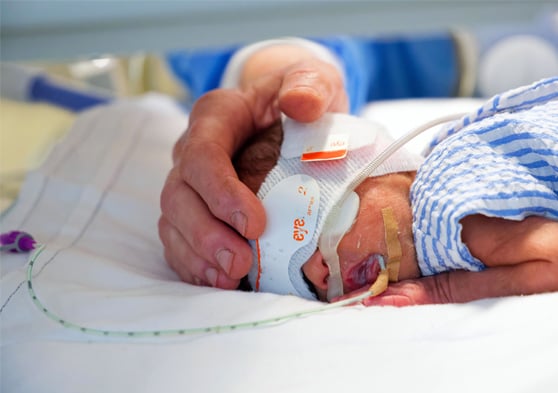Search
Research
Building BridgesGlenn Pearson BA (Education) PhD Candidate Director of First Nations Strategy and Leadership; Head, First Nations Health and Equity Research Director
Research
A phase 3, multicenter, randomized, double-blind, active-comparator-controlled study to evaluate the safety, tolerability, and immunogenicity of V114 in healthy infants (PNEU-PED-EU-1)Jennifer Peter Kent Richmond RN MBBS MRCP(UK) FRACP Clinical Research Manager Head, Vaccine Trials Group Jennifer.Kent@thekids.org.au Clinical
Research
Understanding the relative contributions of the lung, respiratory muscles and the blood vessels to severity of chronic lung disease in very preterm infants (PIFCO Follow-up)Graham Ingrid Shannon Hall Laing Simpson BAppSci PhD CRFS FANZSRS FThorSoc FERS BSc PhD BMedSci (hons), PhD Honorary Research Associate Head,
Research
The PneuCaPTIVE studyChristopher Deborah Blyth Lehmann MBBS (Hons) DCH FRACP FRCPA PhD AO, MBBS, MSc Centre Head, Wesfarmers Centre of Vaccines and Infectious Diseases;
Research
Evaluation of Trauma-Informed Practices in EducationYasmin Harman-Smith BA, BHlthSc(Hons), PhD Head, Early Years Systems Evidence; Head, Tenders Support Unit Yasmin.harman-smith@thekids.org.au Head,
IDEA (Intellectual Disability Exploring Answers) Database

The CIRCA DIEM study aims to establish if cycling environmental light and noise levels for premature infants during their initial hospital stay leads to earlier development of circadian (daily) rhythms and better outcomes for the preterm babies, including improved brain development.

The SEW-Arts Framework is a flexible strengths-based tool developed through conversations with young people, artists, and arts organisations.

Epigenomic research at The Kids explores the links between childhood disease and the molecular hallmarks of epigenetic control.
